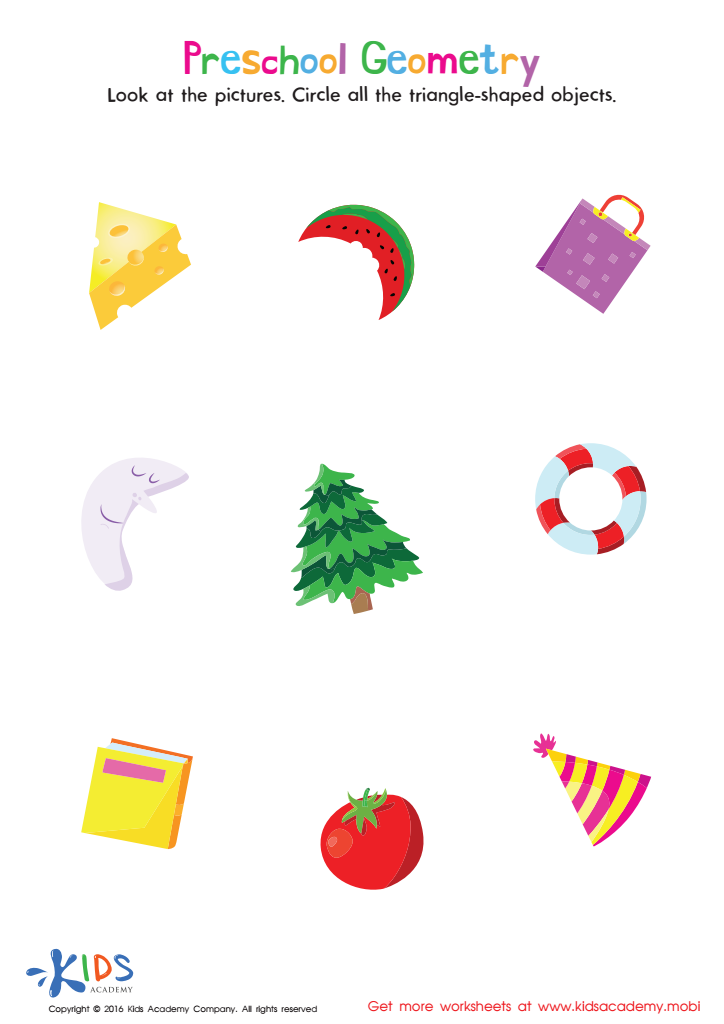Basic geometry understanding Worksheets for Ages 4-9
13 filtered results
-
From - To
Our Basic Geometry Understanding Worksheets for Ages 4-9 are designed to make learning shapes and geometric concepts engaging and fun. Ideal for young learners, these worksheets introduce essential geometry skills through a variety of interactive activities, helping children recognize and draw shapes, understand symmetry, and explore spatial relationships. With visually appealing and age-appropriate tasks, our worksheets build a solid foundation in geometry, supporting early math development. Perfect for both classroom use and at-home practice, these resources foster a love of learning and boost confidence in young explorers as they embark on their math journey.
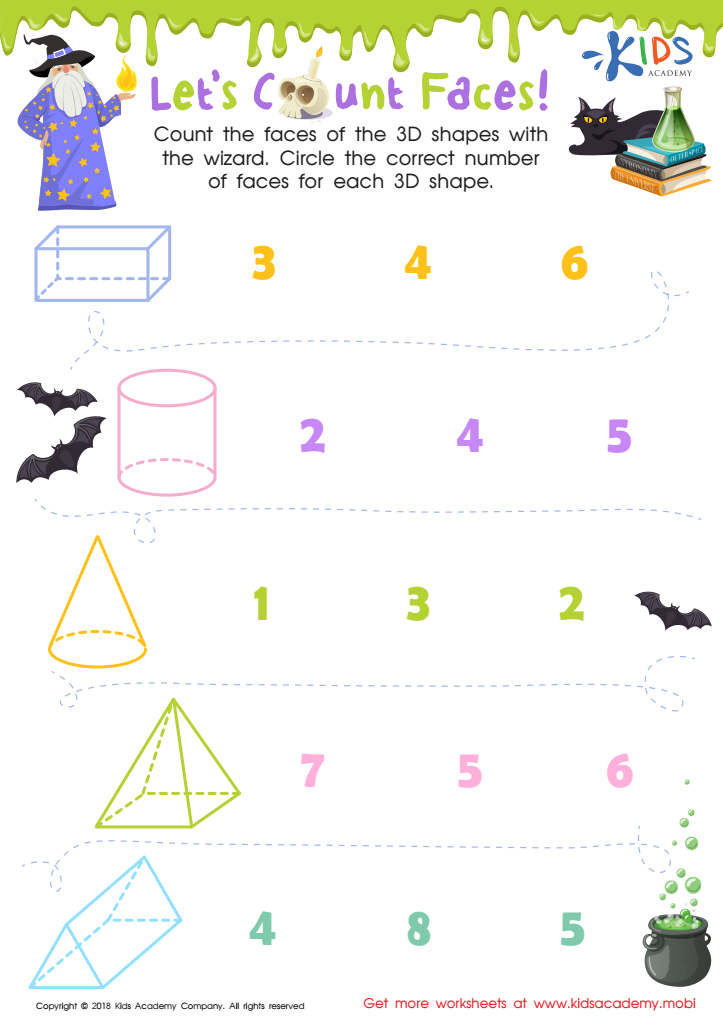

Let's Count Faces! Worksheet
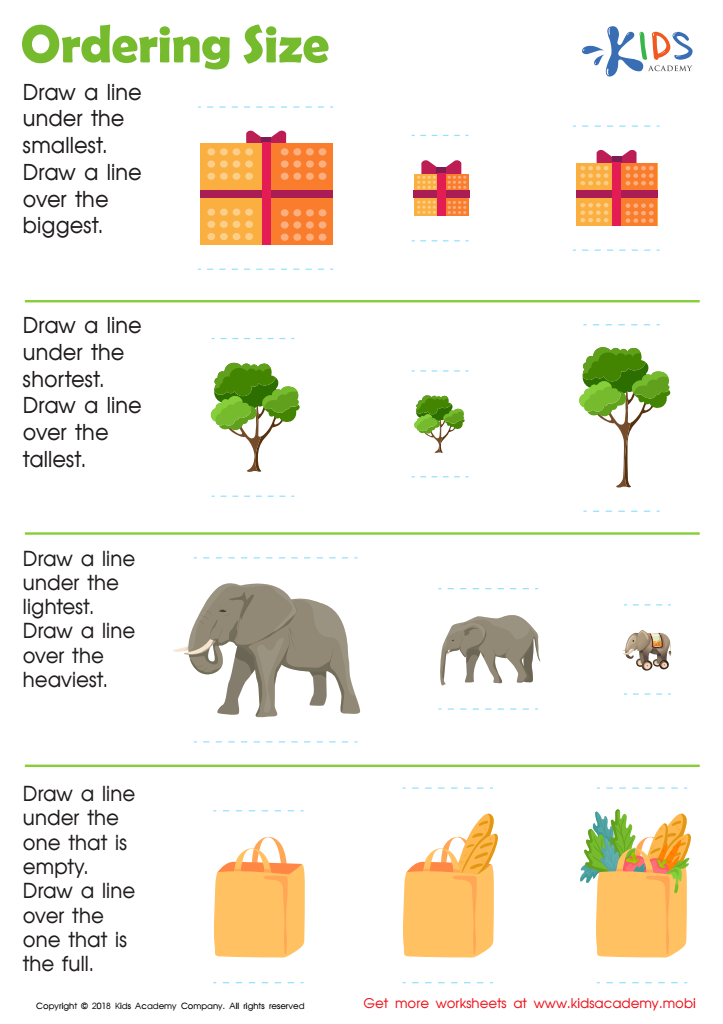

Ordering Size Worksheet
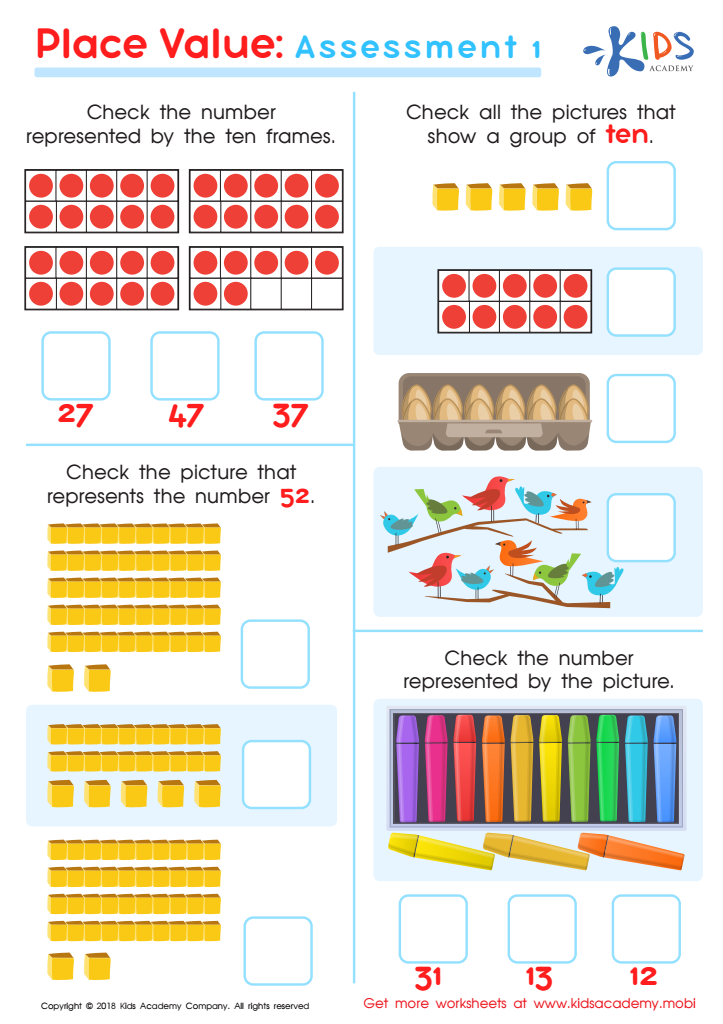

Place Value: Assessment 1 Worksheet
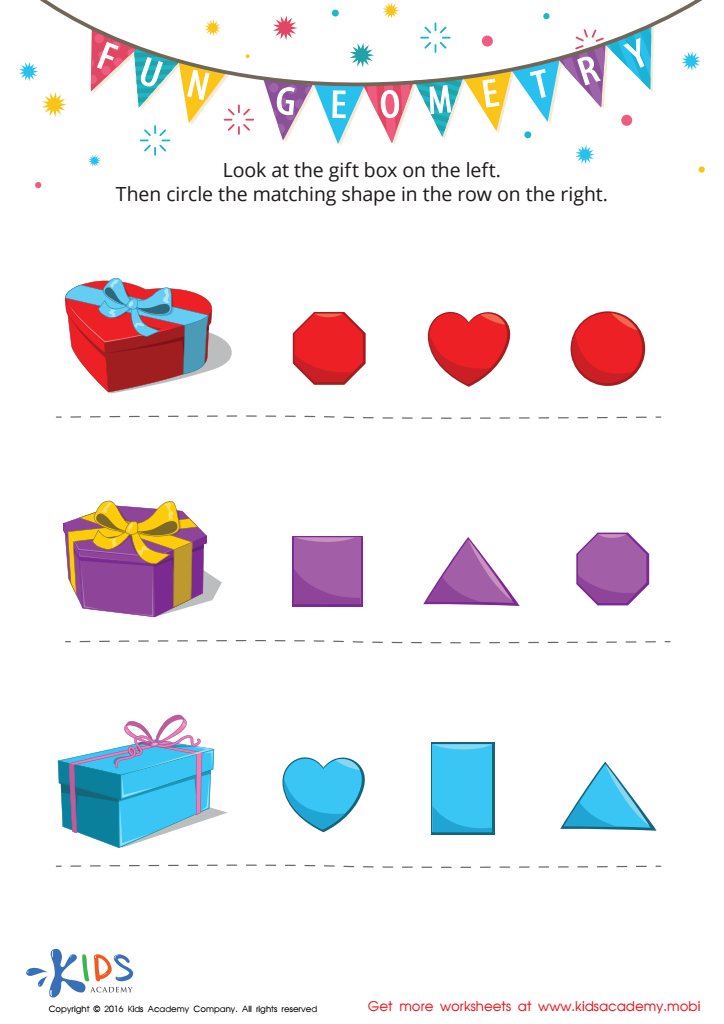

Fun Geometry Worksheet
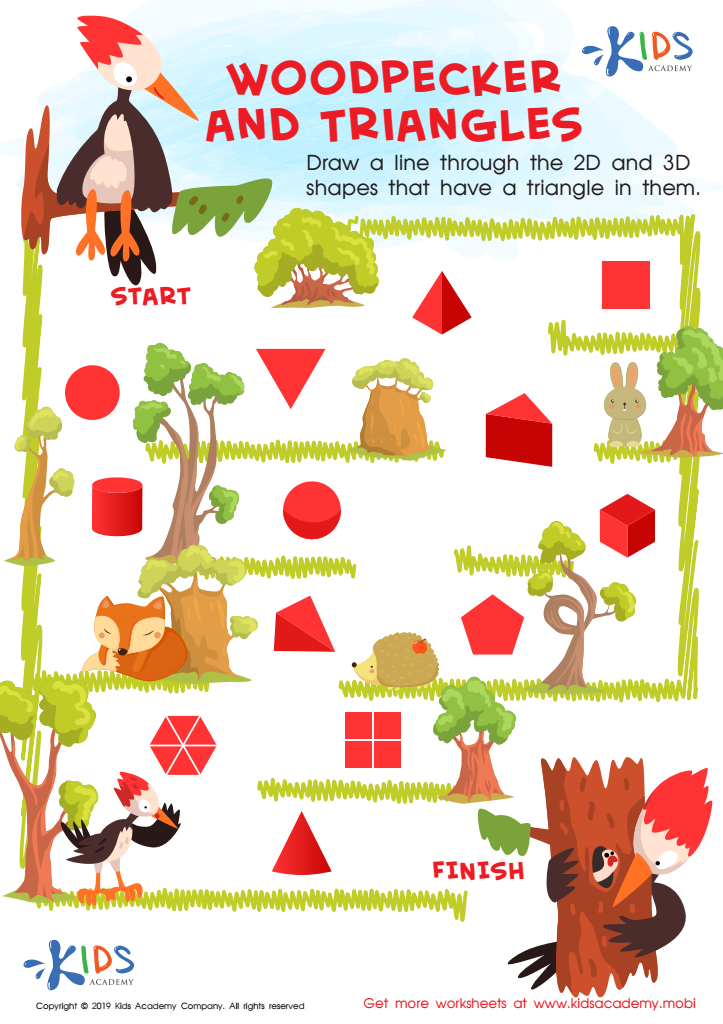

Woodpecker and Triangles Worksheet
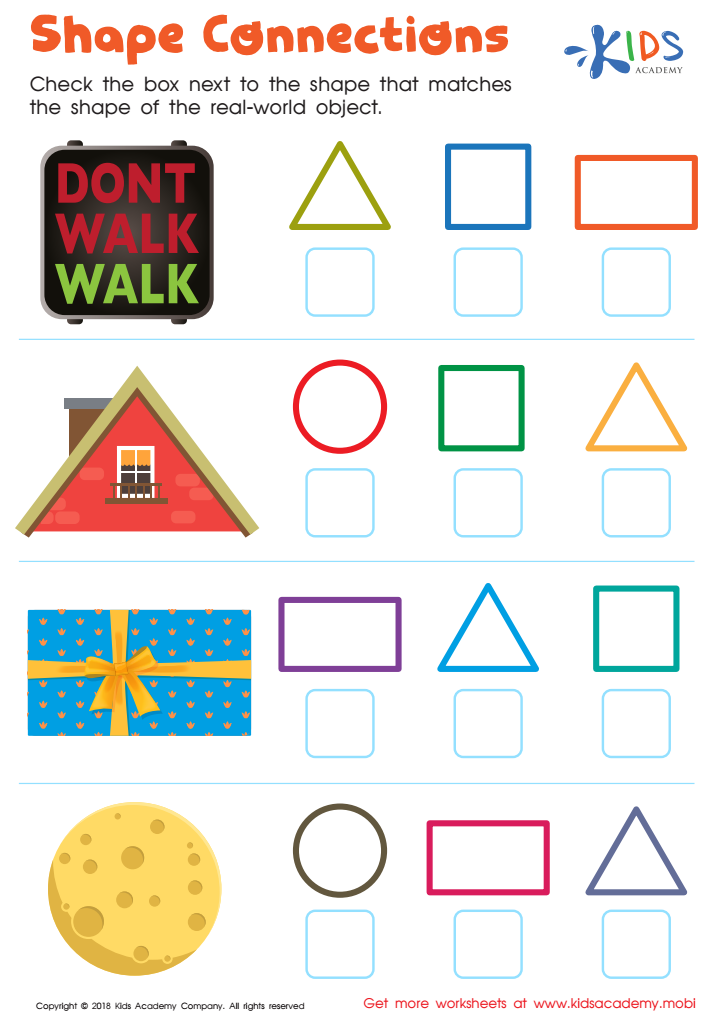

Shape Connections Worksheet
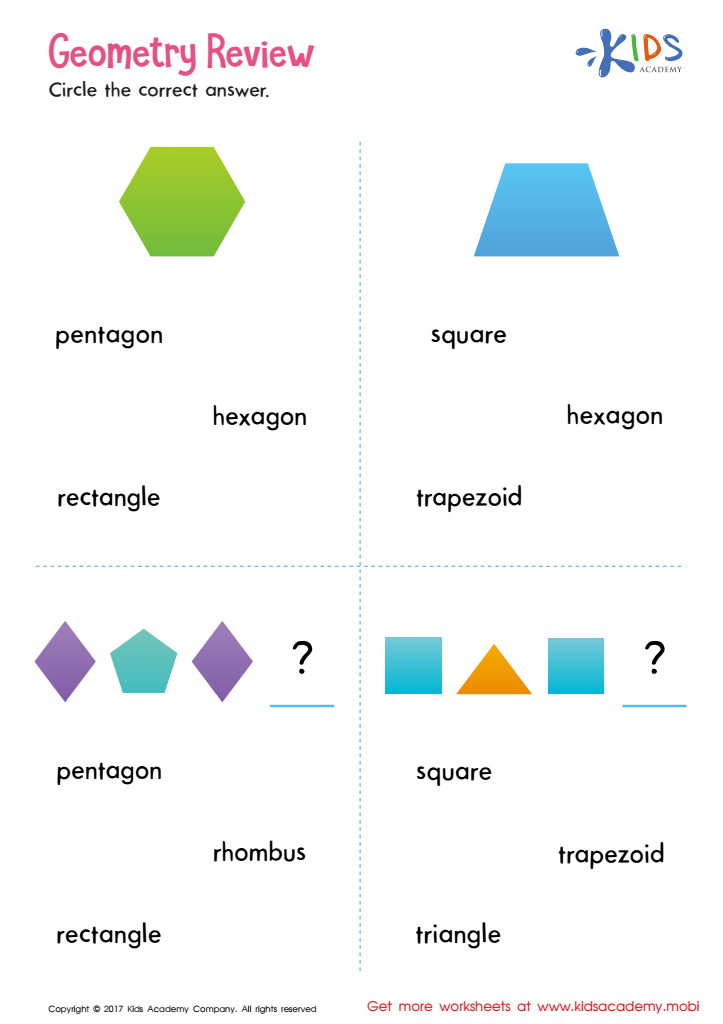

Geometry Review Printable
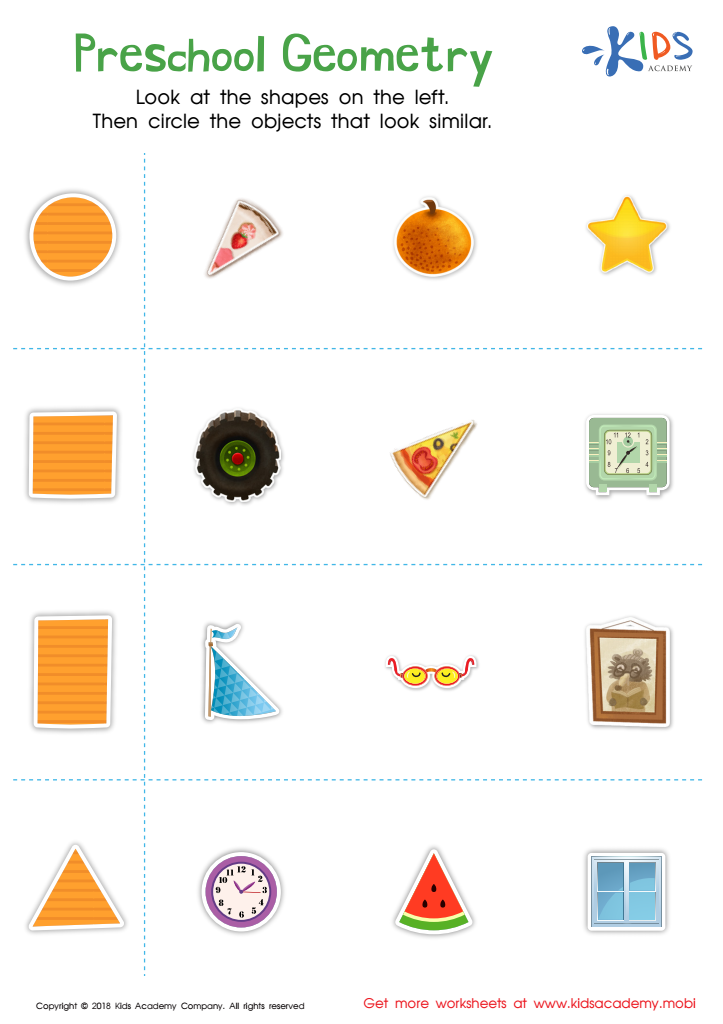

Preschool Geometry Worksheet
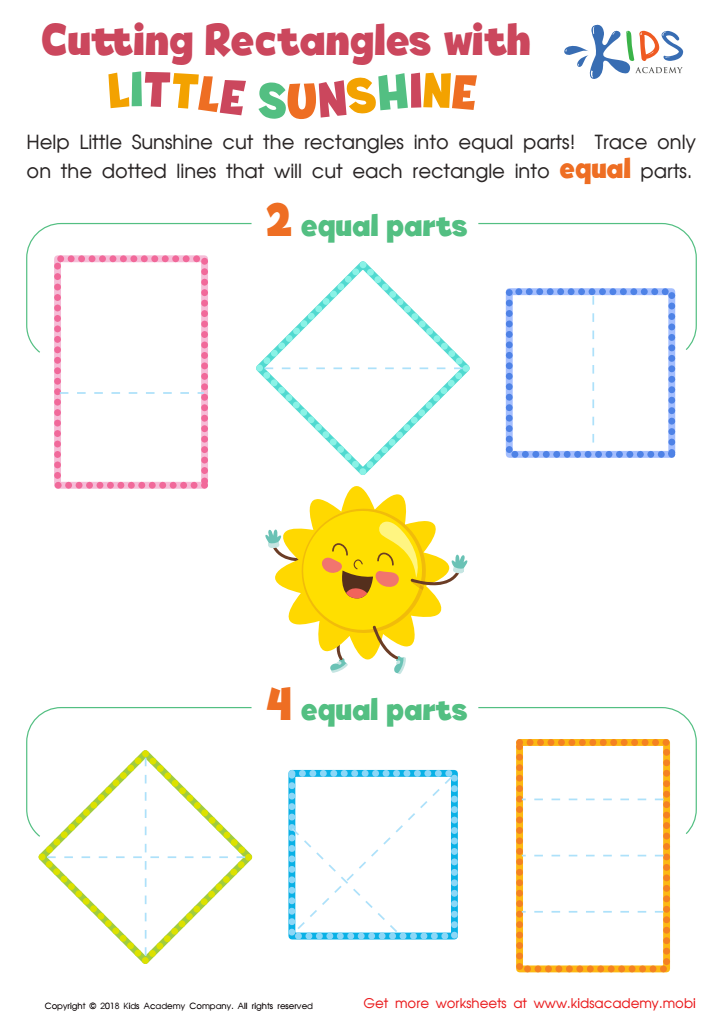

Cutting Rectangles with Little Sunshine Worksheet
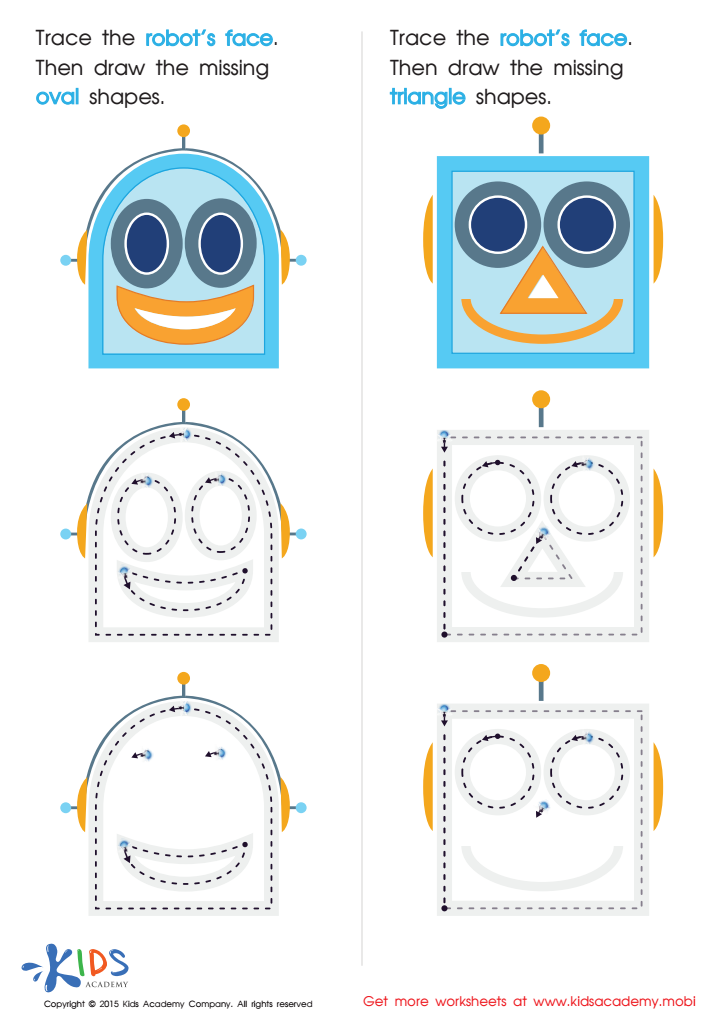

Drawing Ovals And Triangles with Fun Printable
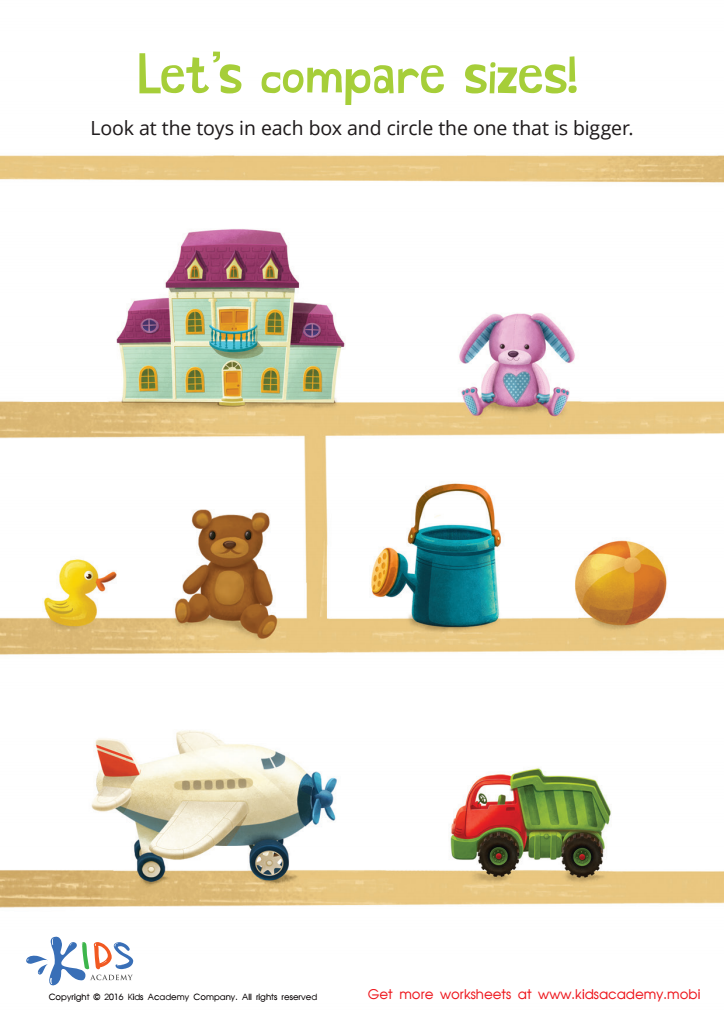

Classifying by Size Sorting Worksheet
Understanding basic geometry at ages 4-9 is crucial for children’s cognitive and educational development. For parents and teachers, fostering this comprehension is significant because it lays the foundation for more complex mathematical concepts that children will encounter in later years. Introducing shapes, sizes, patterns, and spatial awareness at an early age enhances children's critical thinking and problem-solving abilities. This knowledge is not only applicable in mathematics but extends to everyday tasks, such as understanding maps, visualizing transformations, and recognizing relationships between objects in their environment.
Moreover, mastering basic geometry helps children develop fine motor skills and improves their ability to follow directions and sequences, which are essential skills both in academic settings and in everyday life. Engaging young minds with geometry also nurtures a sense of curiosity and wonder, fostering a love for learning and discovery. Whether through play with building blocks, drawing shapes, or interactive games, children gain the confidence to approach and solve problems creatively.
Teachers and parents who support early geometry understanding create opportunities for children to explore, ask questions, and make connections, all of which contribute to a solid educational foundation. Ultimately, this early exposure influences a child’s future success not only in mathematics but in various other disciplines where analytical and spatial reasoning are valuable.
 Assign to My Students
Assign to My Students


